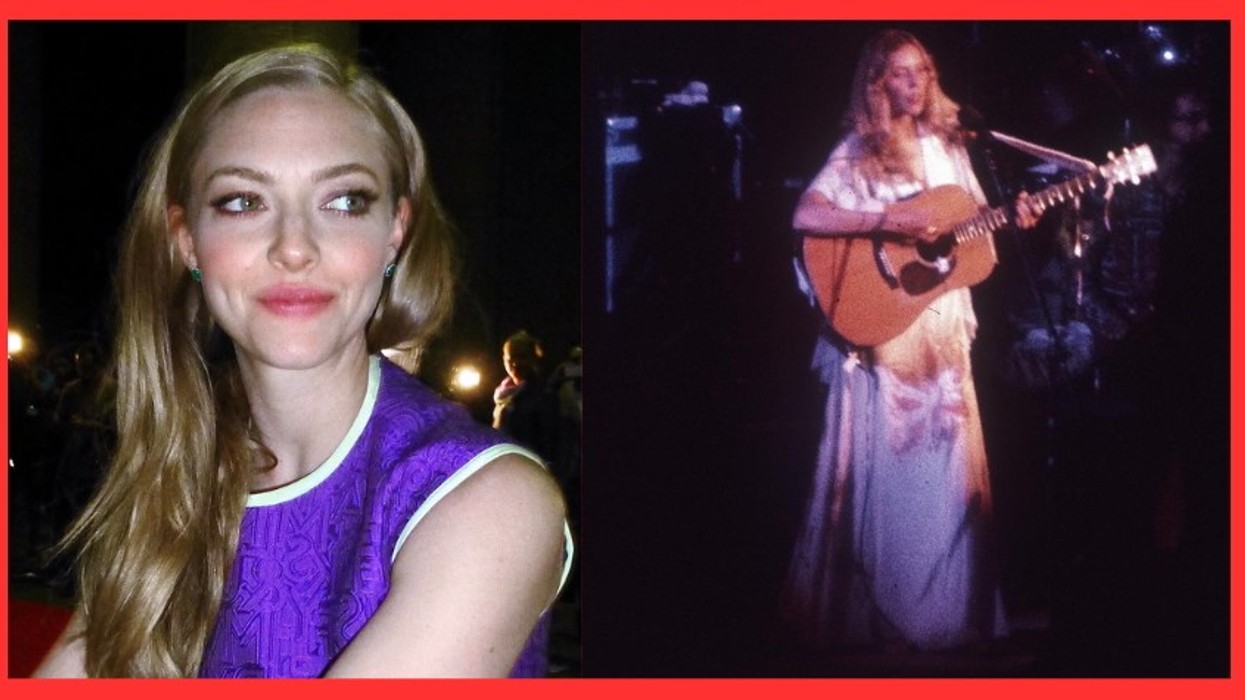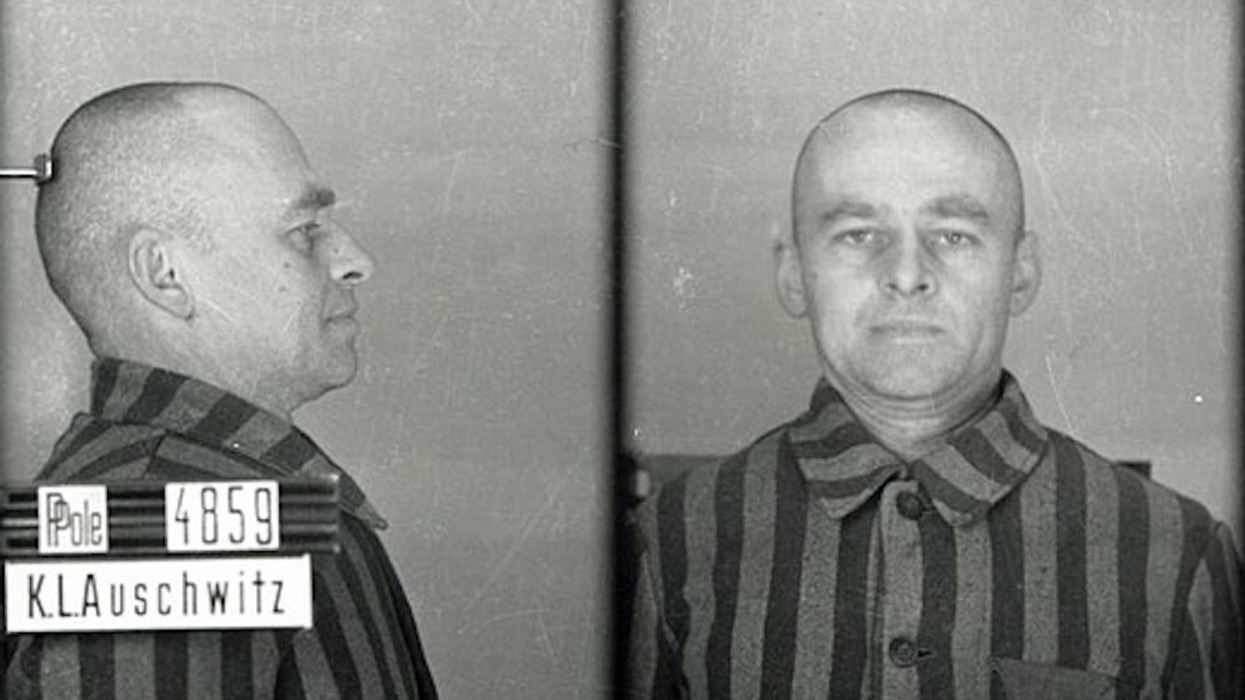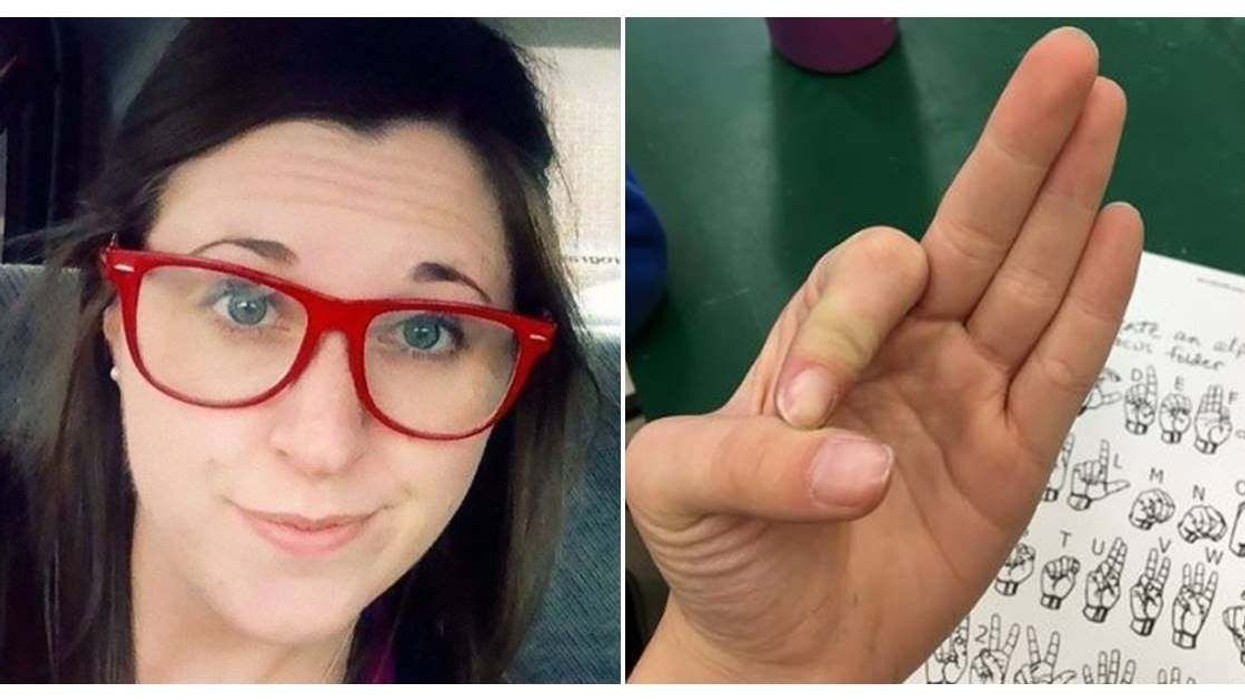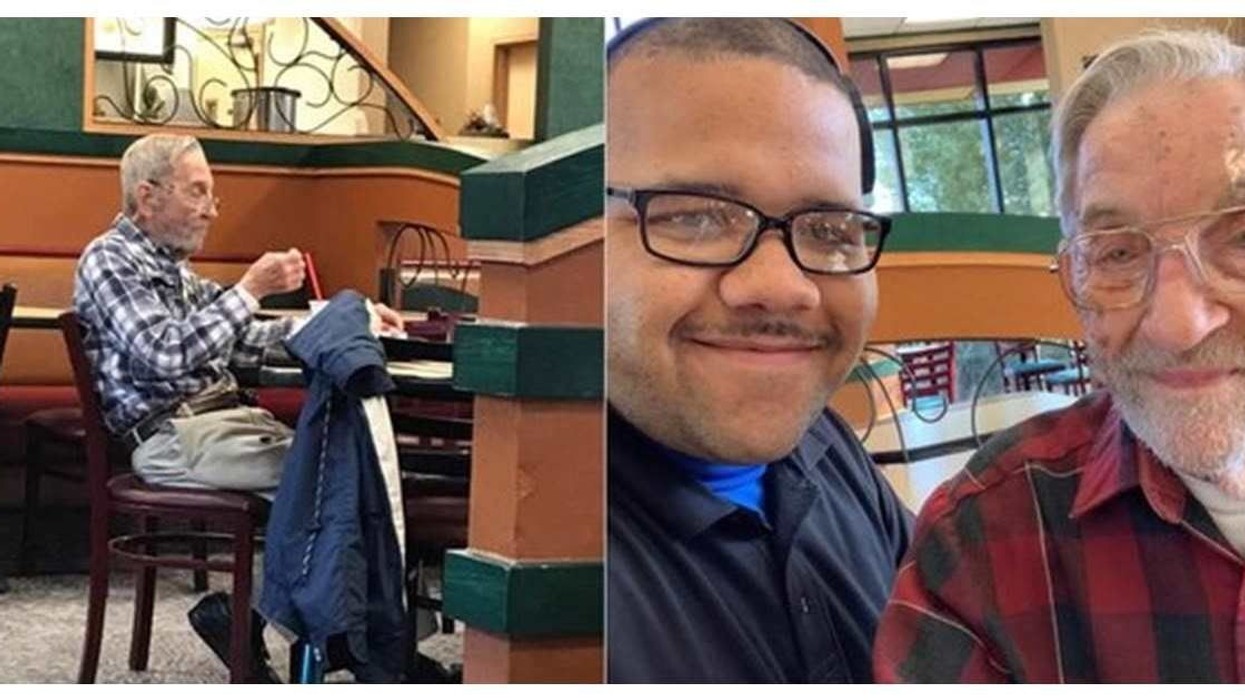Much of life, as Nietzsche and Morrissey tell us, is disappointment. The fresh, glistening hamburgers in the McDonald's commercial are not really so fresh or glistening. The lovely blonde who your best friend says is "a sure thing," and thusly compels you to drive across the country to meet, turns out to be…less than satisfying.Greenland? Not green.As you grow older you learn these and other truths, and you resign yourself to slow death by compromise. Except when you don't. Except, say, when you find a club that is hidden behind an unmarked door on a nondescript floor-the 36th, possibly the 35th-of the Venetian Resort-Hotel-Casino in Las Vegas, Nevada. To the unknowing it's just another floor in just another hotel tower in a city whose currency has long been more disappointment than sin. But this floor in this hotel is in fact home to a secret restaurant, called Paiza, that serves what those who know such things routinely (and, by my account, rightly) describe as the best Chinese food in America. A restaurant built to cater to gamblers from China-"whales"-wagering at least $500,000 a day. A restaurant open 24 hours a day, seven days a week, so the circadian rhythms of these largest of casino mammals can stay synchronized with China. Where the staff speaks Mandarin and Cantonese, and where it is impossible to actually pay for anything. Not impossible as in too expensive; impossible as in, cash, credit cards, or other payments are simply not accepted.Don't bother asking anyone who works at the hotel for help finding it. They don't know, and if they do, won't tell. You're buzzed through an unmarked door into a waiting room. In front of you are two elevator doors. One opens. You get in. One floor higher you walk into another entry hall, this one leading to a black desk manned by two serene Chinese women in matching black dresses. Don't introduce yourself; they already know who you are.Then you meet Ken Wong.Please, call him Ken, or Kenny. He is wearing a gray suit and gold cufflinks, and smiles broadly as he shakes your hand, his free hand cupping the one of yours he is already shaking. Floor-to-ceiling windows frame the twinkling fever dream that is Las Vegas at night. There is a lounge area with simple leather furniture and a few flat-screen TVs tuned to SportsCenter. It is empty. To the right is a gaming room with three tables: blackjack, craps, and baccarat. It is empty. To the left, a dining room with six or seven tables and, beyond them, one long table set for perhaps 12. Also empty. You are the only people there. Kenny explains that most of the time Paiza is empty. He does not know why.There are menus, with prices (though you won't be charged), listing dishes that will be prepared for you by Chef Simon To: Peking duck and Cantonese fried lobster; eggs scrambled with shark fin, and pepper Kobe beef; various dim sum; pork fried rice; abalone, and sea bass. All of which are, to a dish, the most mind-bendingly delicious preparations you've ever had-particularly the Cantonese lobster.There is also bird's nest soup. Made from the actual nests of either the white-nest or black-nest swiftlet. Climbers extract the nests from the walls of caves and sell them at great cost to places like Paiza, where the twigs are removed and the remaining hardened swiftlet saliva is boiled into a gelatinous soup, which tastes very much like boiled bird saliva.As Kenny will tell you, it is an acquired taste.More on What's Up With China?
Search
Latest Stories
Start your day right!
Get latest updates and insights delivered to your inbox.
The Latest
Most Popular
Sign Up for
The Daily GOOD!
Get our free newsletter delivered to your inbox









